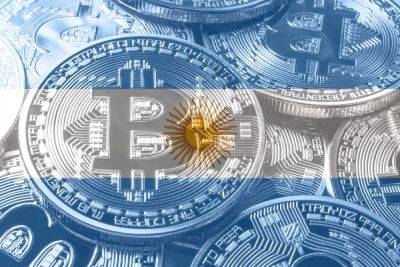Ethereum OFAC compliance dips to 45% post-Merge upgrade
The historic Merge upgrade from Sept. 2022 — which marked Ethereum’s transition from proof-of-work (PoW) to proof-of-stake (PoS) — resulted in the overall decline in compliance with standards laid down by the Office of Foreign Assets Control (OFAC).
Ethereum blocks adhering to OFAC compliance censor certain transactions, which has a negative impact on the neutrality of the Ethereum ecosystem. In early August 2022, OFAC sanctioned Tornado Cash and several Ether (ETH) addresses associated with it due to its ability to mask and anonymize transactions.
Before the Merge upgrade, Ethereum’s OFAC compliance increased exponentially as entities such as crypto exchanges opted to run censoring MEV-Boost relays on their validators. The list of top censorship offenders is populated by popular platforms such as Binance, Celsius Network, Bitfinex, Ledger Live, Huobi (HTX) and Coinbase, according to MEV Watch data.
However, the overall OFAC compliance of Ethereum blocks has declined significantly. In November 2022, 78% of the total Ethereum blocks complied with OFAC regulations. As of today, Sept. 27, Ethereum’s OFAC compliance dropped to 30%, recording an overall reduction of 57%.
Countering OFAC compliance requires operators to use relays that do not censor according to OFAC compliance requirements. There are seven major MEV-boost relays that are most commonly used: Flashbots, BloXroute Max Profit, BloXroute Ethical, BloXroute Regulated, BlockNative, Manifold and Eden. However, not all systems adhere to OFAC compliance, according to MEV Watch:
It is also important to note that not all blocks built by OFAC-compliant relays are censoring; however, all blocks built by OFAC-compliant relays will censor when non-compliant transactions are
Read more on cointelegraph.com





















